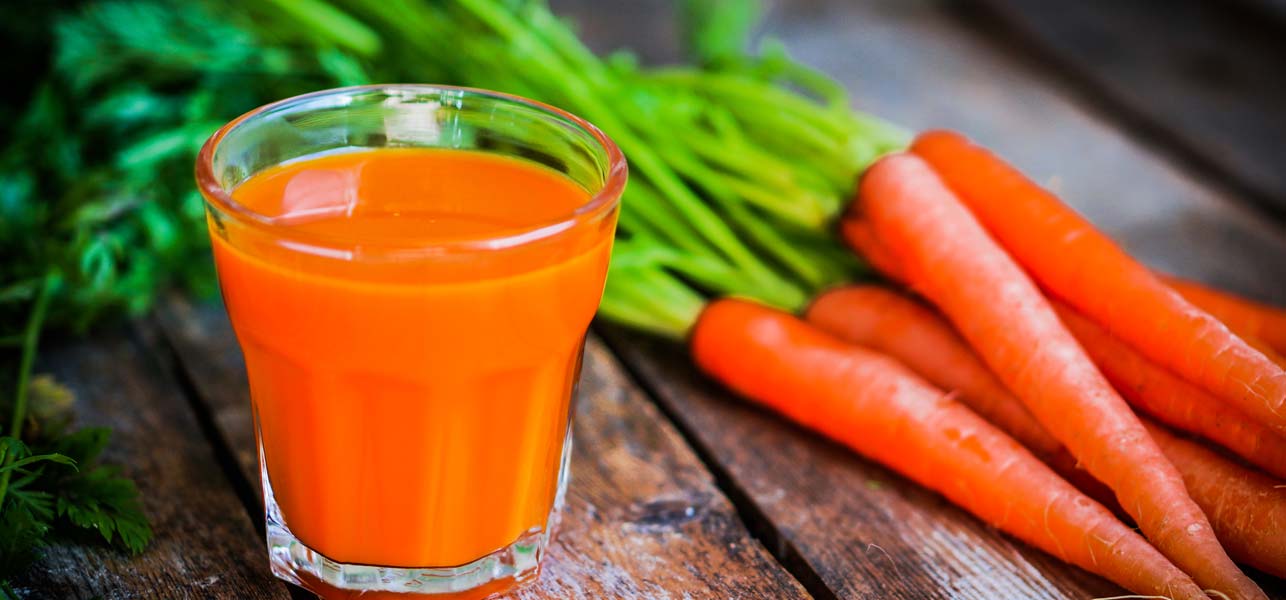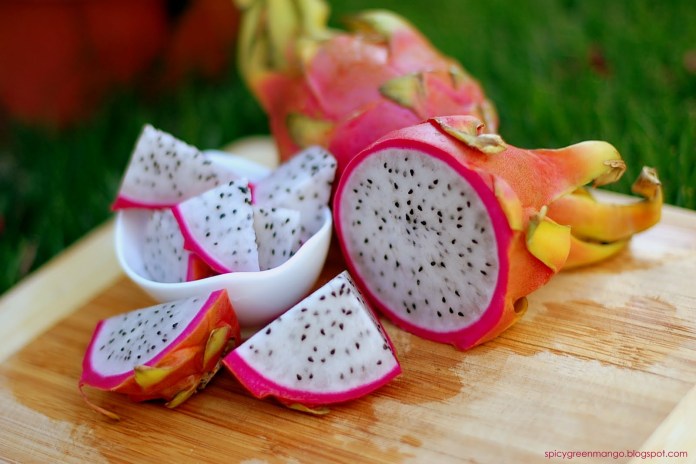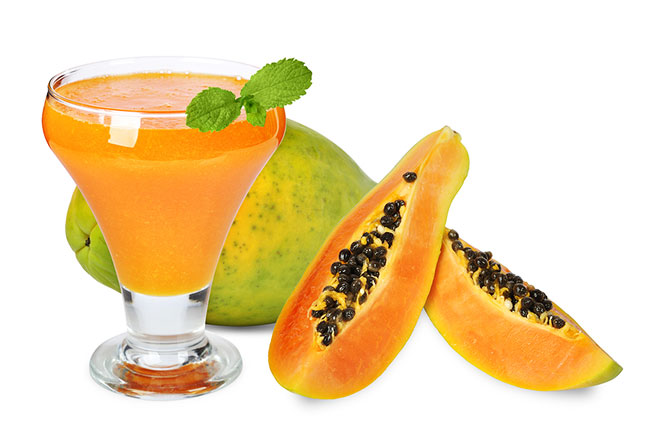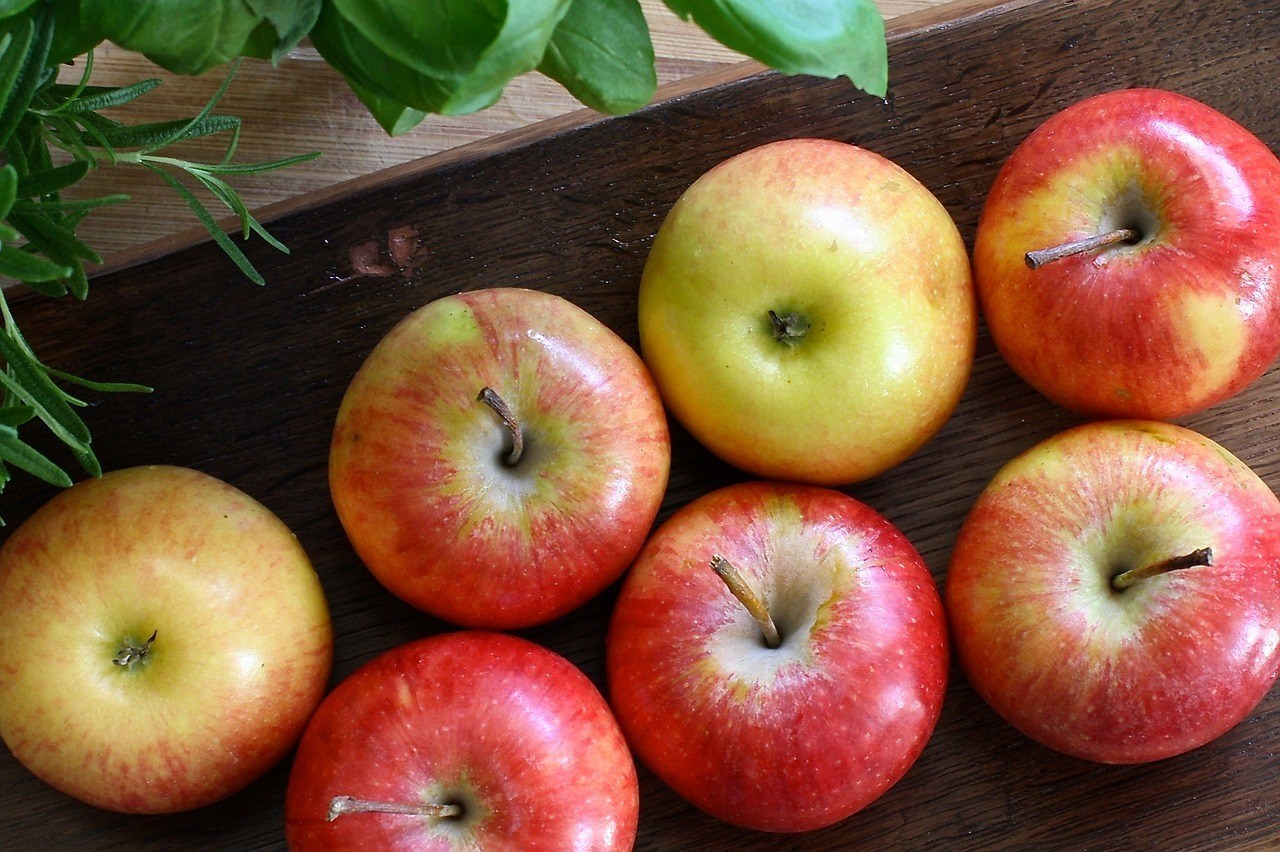7 Surprising Health Benefits of Sabja Seeds
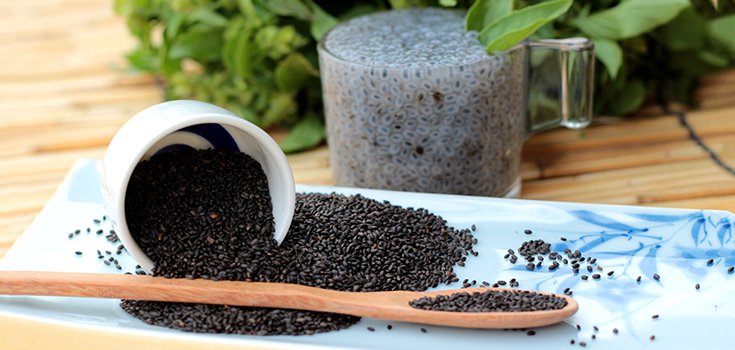
You may have conveniently skipped or unconsciously missed these nutrient-dense seeds on the supermarket aisle, but not anymore. You’re going to discover some amazing sabja seed benefits, also known as sweet basil, Falooda seed or Turkmaria seed.
Wondering what these black seeds are? The basil plant is native to India. It is also called sweet basil but is different from the Holy Basil or Tulsi, which is common in every Indian household and credited for its immunity-boosting properties. The herbs of the basil plant are known to very healthy and so are the seeds.
The black and tear-shaped seeds that many confuse with chia seeds are rich in proteins, carbs, and essential fats and are packed with a good deal of fiber. Interestingly, these seeds of the basil plant contain no calories. According to Bangalore- based Nutritionist, Dr. Anju Sood, “Sabja seeds are rich in antioxidants, help in controlling diabetes and is also good for your skin. They are hard to chew, so do not take them raw. It’s best to soak them in water before consuming, which makes them more gelatinous. It is recommended to have at least two teaspoons every day to gain health benefits.”
How to Eat Sabja Seeds
Sabja seeds are most nutritious when soaked in water and consumed. They begin to swell at the touch of water, with a translucent white film coating each black seed, and they become twice their size. You can soak about two teaspoons of sabja seeds in one cup of warm water for about 15 minutes. Warm water causes the seeds to fully swell up releasing antioxidants and beneficial digestive enzymes.
These fragrant seeds do not really have a distinct taste and can be added to a variety of dishes for a nutrition boost
They are great as a garnish for drinks and desserts. Blended in a lemonade or sprinkled over kulfi, they impart their own fresh and grassy touch. You can munch on these seeds as a low-calorie snacking alternative. Add it to pastas or soups for a crunchy feel.
Sabja Seed Benefits
Sabja seeds are popularly used in Ayurvedic and Chinese Medicine and have many more health benefits that you may have not known.
1. Helps in Weight Loss
Sabja seeds are known to be rich in alpha-linolenic acid (ALA), which comes from high levels of Omega-3 fatty acids
present in the seeds. These acids help in boosting the fat burning metabolism in the body. It is also full of fibre, so keeps your stomach satisfied for longer and prevents unwanted cravings. You can add it to a bowl of yoghurt or sprinkle some in a fruit salad as a pre-meal snack to control appetite.
2. Reduces Body Heat
In some Asian countries like Thailand, sabja seeds are used to make a drink along with water, sugar, honey and sometimes coconut milk. It is a great drink to sip on to beat the scorching summer heat. They are one of the best body coolants. They are known to lower your body heat, which is why people often add them to refreshing drinks like nimbu paani, sherbets or milkshakes.
3. Controls Blood Sugar Levels
Sabja seeds are considered to be good for type 2 diabetics as it is known to keep a check on blood sugar levels
. They slow down the metabolism of your body and thus controls the conversion of carbohydrates
into glucose. You could simply mix soaked basil seeds in a glass of milk and have it for breakfast. It makes for a wonderful healthy drink.
4. Relieves Constipation and Bloating
Sabja seeds are known to naturally detox your body and regulate smooth bowel movements. What really works is having a glass of milk with some sabja seeds before going to bed for a couple of days. It acts as a stomach cleanser. They contain volatile oils that help in relieving gas from the gastrointestinal tract
and aids in digestion.
5. Treats Acidity and Heartburn
Sabja seeds soothe stomach burn and their diuretic functions flush out the toxins from your body. They neutralise the acidic effect of HCL in the body and bring relief. Soaked sabja seeds are full of water and they help in soothing the stomach lining and thus relieves the burning sensation.
6. For Healthy Skin and Hair
Sabja seeds crushed into coconut oil and applied on affected areas help in treating several skin infections like eczema and psoriasis. Crush the seeds, without soaking it, in a cup of coconut oil and warm it for a few minutes before using. Eating basil seeds regularly helps your body secrete collagen, which is required to form new skin cells as and when they are damaged due to normal wear and tear. Sabja seeds are full of iron, Vitamin K and protein. These minerals are essential for long and strong hair. Protein and iron also promotes hair growth and adds volume.
7. Cures Cough and Flu
Sabja seeds have an antispasmodic property, which means that they soothe tension in the spasmatic muscles and relax them. This way they help in controlling whooping cough. They strengthen the immunity of the body. Flavonoids like vicenin, orientin and beta carotene fortify the body’s defense system.
A word of caution. Children and pregnant women should avoid consuming sabja seeds. Young kids could choke on these seeds, if they are not mixed well with water. In case of pregnant women, these seeds are known to lower down the levels of estrogen in the body. It is best to consult your doctor if you’re pregnant or suffering from any other ailments before adding sabja seeds to your diet.






